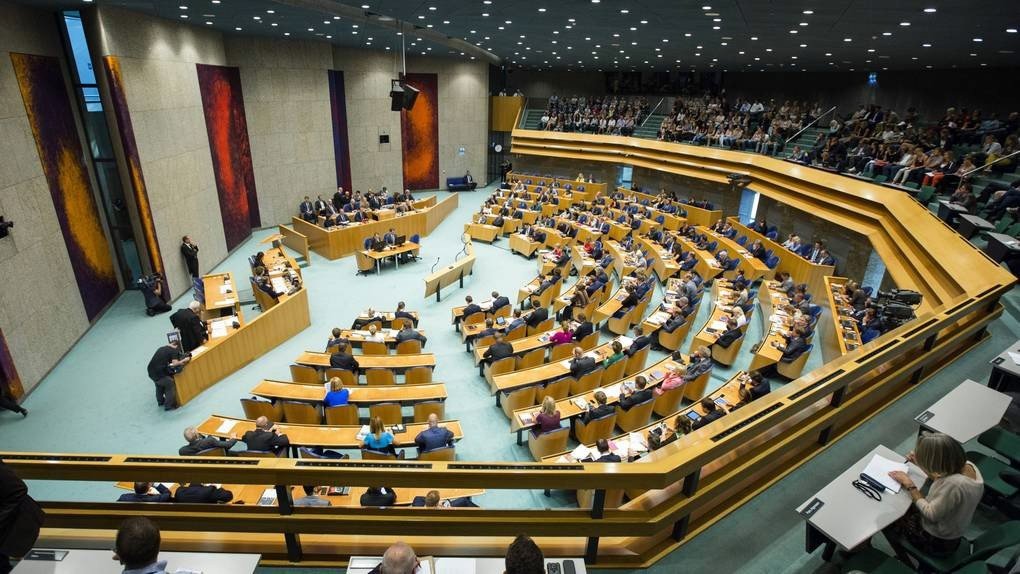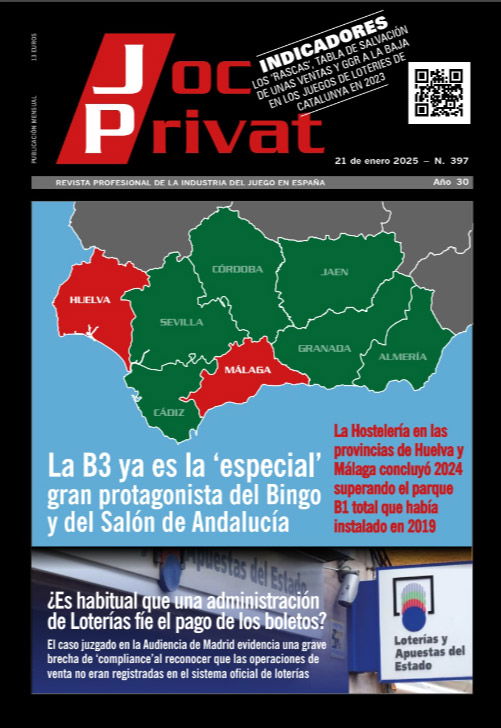Lawmakers reintroduce bill to eliminate federal excise tax on sports betting

A bipartisan effort to repeal the 0.25% federal excise tax on legal sports betting, commonly known as the "handle tax," has been reintroduced in Congress. Representatives Dina Titus (D-NV) and Guy Reschenthaler (R-PA), co-chairs of the Congressional Gaming Caucus, unveiled the Discriminatory Gaming Tax Repeal Act of 2025 on Tuesday, marking their fourth attempt to eliminate what they describe as an outdated and unnecessary levy on legal operators.
If passed, the Discriminatory Gaming Tax Repeal Act of 2025 would remove the 0.25% tax on sports betting handle and the $50-per-head tax on sportsbook employees, providing relief for licensed operators while potentially shifting more bettors away from illegal platforms. The bill now moves to the House for further consideration.
Originally enacted in 1951 as a measure to combat illegal gambling, the handle tax applies to all legal sports wagers placed in the U.S. However, illegal sportsbooks are not subject to these taxes, giving them a competitive advantage over licensed operators.
Rep. Titus stated that the tax unfairly penalizes licensed sportsbooks operating in 38 states and Washington, D.C. while failing to curb illegal gambling.
“The Discriminatory Gaming Tax Repeal Act of 2025 repeals a tax that does nothing except penalize legal gaming operators for creating thousands of jobs in Nevada and 37 other states around the nation,” Titus stated. “Illegal sportsbooks do not pay the 0.25% sports handle tax and the accompanying $50-per-head tax on sportsbook employees, giving them an unfair advantage.”
Titus also noted that the Internal Revenue Service (IRS) has been unable to clarify how the handle tax revenue is allocated within the federal budget. “It makes no sense to give the illegal market an edge over legal sportsbooks with a tax the federal government doesn’t even track,” she said.
Rep. Reschenthaler highlighted the economic impact of the gaming industry, which supports over one million jobs across the U.S. and generates more than $70 billion for state and local governments. In Pennsylvania alone, 33,000 jobs are tied to the gaming sector.
“Unfortunately, outdated tax codes and burdensome regulations penalize legal operators and incentivize illegal activity,” Reschenthaler said. “The Discriminatory Gaming Tax Repeal Act of 2025 will ensure the gaming industry can support good-paying jobs and promote economic growth in southwestern Pennsylvania and across the nation. I urge our colleagues in the House to support this bipartisan legislation.”
This is not the first time Reps. Titus and Reschenthaler have pushed to repeal the handle tax. The same legislation was introduced in 2019, 2021, and 2023 following the Supreme Court’s 2018 decision to strike down the federal ban on sports betting, which paved the way for legal wagering across the country.


















































